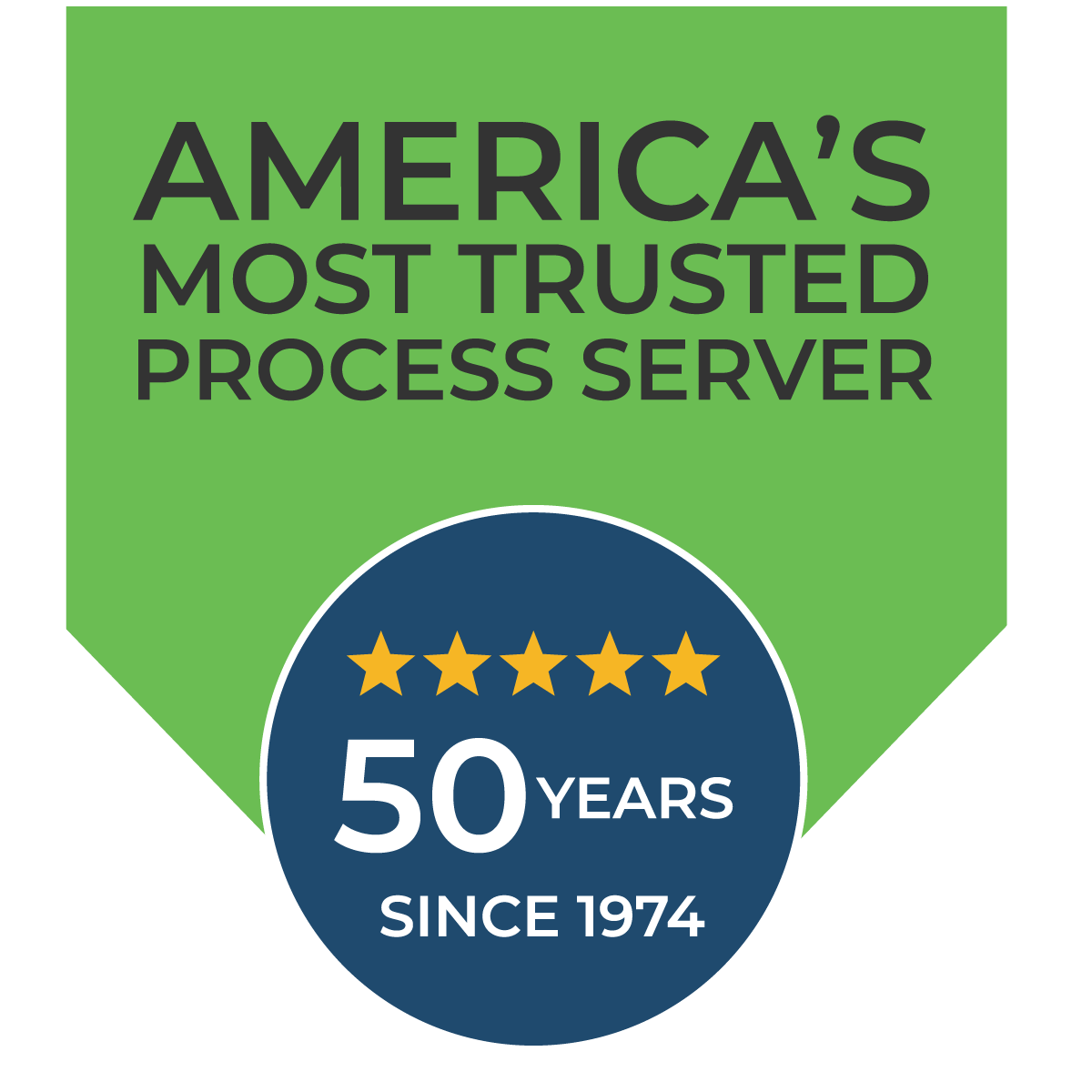Beginning January 1st, 2021, last year’s decision by the Arizona Supreme Court to eliminate Rule 5.4 of the Arizona Rules of Professional Conduct took effect. This groundbreaking change allows nonlawyers to share in the economic interests of law firms owned by alternative business structures.
Arizona was the first state to strike Rule 5.4, and others are quickly following its lead. Specifically, California and Utah have also shown interest in changing their laws regarding the ownership rules of law firms. Some have even considered changing the provisions that define what constitutes the unauthorized practice of law. Utah has permitted a provisional basis for ownership of legal practices by paralegals and other nonlawyer employees using regulations. Still, Arizona is the first state to enact such changes and is shaking up the legal industry as we know it.
What Eliminating Rule 5.4 Means For Law Firms
The biggest change for law businesses affected by the elimination of Rule 5.4 in Arizona is that nonlawyers can now gain equity in law firms. This change also makes it possible for investors to supply additional capital into legal firms like they normally would for tech startups or small businesses.
Further, legal practices can use equity interest from their profits to recruit nonlawyer employees, which means that, at some point, it may be possible for law firms to enter public trading, alongside big name brands in the United States and those already traded in the United Kingdom.
 How Clients Benefit Most with Rule 5.4 Eliminated
How Clients Benefit Most with Rule 5.4 Eliminated
- Law Firms Become More Customer Centric
Most law firm partnerships currently have a short term outlook compared to future-thinking corporate structures, which means billable hours often take precedence over alternative fee agreements that are more client-friendly.
Partnership structures also tend to focus on building equity value for the long term, which causes an incentivized approach to maximizing here-and-now revenue. This, in turn, affects how nonlawyers like paralegals view their employment relationships with such firms. Unlike employee-shareholder options of traditional companies, law firm associates can’t take earned equity with them on retirement.
In the long run, making traditional capital structures available to attorneys and nonlawyers will benefit clients in two ways:
- Instead of using debt financing, the elimination of Rule 5.4 makes it possible to use equity when financing research and development. Additionally, firms can now invest in improvement initiatives for their legal services. All of this improves client experience and access to the legal services they need.
- Another benefit of this new legal territory is law firms having more availability to offer alternative fee arrangements that clients prefer, like contingency fees. Such arrangements may not provide current fiscal year profits, but will instead maximize a firm’s profitability over the long term. This is due to the increased freedom of choosing cases using contingency fee arrangements that increase realization rates, which also drives customer loyalty.
- High-Quality Legal Services That Are Affordable
When rendering his decision to abolish Rule 5.4, Chief Justice Robert Brutinel of the Arizona Supreme Court recognized the need for legal services to become more affordable. To that end, this ground-breaking decision could increase competitiveness and reduce costs, while adding value and quality by attracting top entrepreneurs and managers with the new financial incentives made possible by the rule change.
- Law Firms Can Embrace Legal Tech
A recent regulatory report released by the Utah Supreme Court has proposed that eliminating Rule 5.4 would aid legal firms in increasing their technological ability. Given that current tech startups and investors will be incentivized with great financial benefit for innovating the legal industry, this transition will improve client access to services.
Further, traditionally capitalized law practices will now be able to make more substantial technological investments. These opportunities will not only increase profitability in the long run, but expand client access through tech-based legal services.
If you find this article informative, sign up for our newsletter so you can stay up to date on everything our blog offers from legal industry news, interviews, insight and technology, to industry regulation and legislation updates.
About ABC Legal Services
ABC Legal is the nation’s leading service of process and court filing company and is the official process server to the U.S. Department of Justice. Docketly is a subsidiary of ABC Legal, providing appearance counsel on a digital, custom-built platform that smoothly integrates with our applications and services. ABC Legal’s applications are cloud-based and compatible for use on desktop, browser and smartphones. Our solutions and digital approach ensure process server partners, law firm customers and their clients save valuable time and resources when serving legal notices safely and with maximum compliance, control and transparency. ABC Legal is based in Seattle, WA, with more than 2,000 process servers throughout the U.S., as well as internationally in more than 75 countries. To learn more about ABC Legal, our solutions and subsidiary company Docketly visit www.abclegal.com.

Written by
Tonya HottmannService made simple—down the road and across the country. Join the 50,000+ professionals who trust ABC Legal for service of process.







